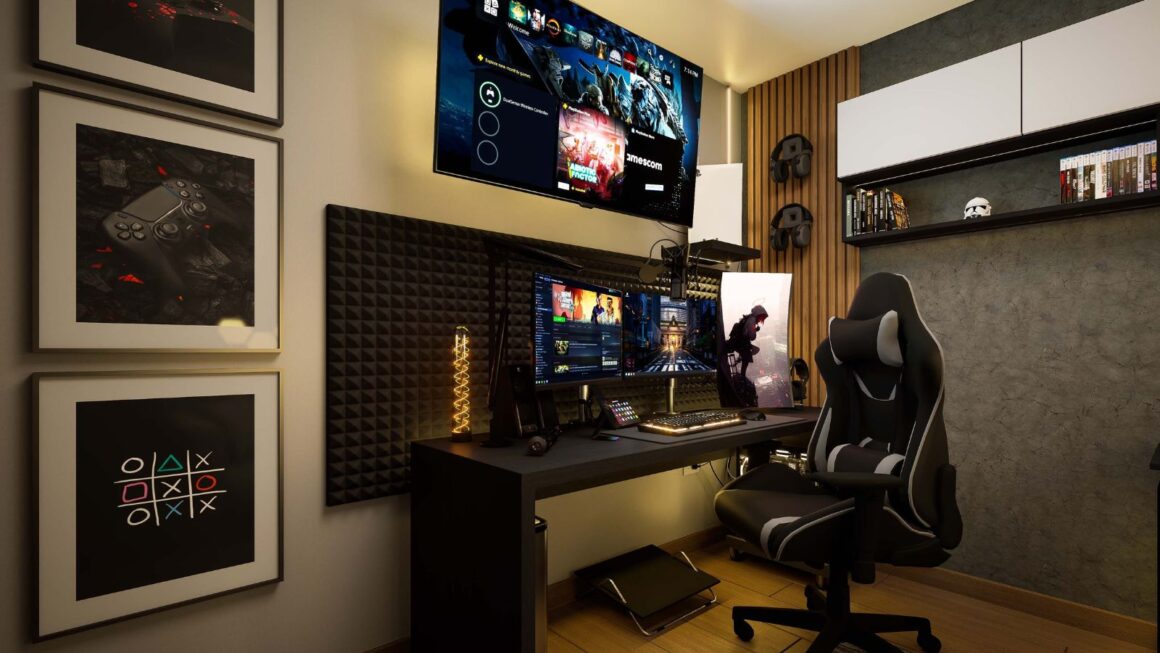
The online gaming industry has experienced exponential growth over the past decade, with millions of players worldwide enjoying various types of games, from slots and poker to lottery and sports betting. However, one of the primary concerns for players has always been the fairness and transparency of these games. Traditional online gaming platforms have been criticized for their lack of transparency, with many players questioning the randomness and integrity of the outcomes. This is where blockchain technology and Random Number Generators (RNG) come into play, aiming to address these concerns and provide a more secure and fair gaming experience. For instance, the use of RNG can help slot win by ensuring that the outcomes are truly random and not manipulated by the gaming platform.
The Role of Blockchain in Online Gaming
Blockchain technology has been gaining traction in recent years, and its application in online gaming is one of the most exciting developments. By utilizing blockchain, gaming platforms can ensure that all transactions and game outcomes are recorded on a public ledger, making it impossible to alter or manipulate the results. This level of transparency and security can help to build trust between players and gaming platforms, ultimately enhancing the overall gaming experience. Moreover, blockchain-based gaming platforms can provide players with a more immersive and engaging experience, allowing them to participate in games that are not only fair but also transparent and secure.
Random Number Generators (RNG) and Their Importance
Random Number Generators (RNG) are algorithms designed to generate random and unpredictable outcomes. In the context of online gaming, RNGs are used to determine the outcome of games, such as the spin of a slot machine or the deal of a card. The use of RNGs is crucial in ensuring that games are fair and unbiased, as they eliminate the possibility of human intervention or manipulation. However, traditional RNGs have been criticized for their lack of transparency and potential vulnerabilities. This is where blockchain-based RNGs come into play, providing a more secure and transparent solution for generating random outcomes.
Decentralized Gaming Platforms and Their Benefits

Decentralized gaming platforms are built on blockchain technology, allowing players to participate in games that are not only fair but also transparent and secure. These platforms operate on a decentralized network, meaning that there is no central authority controlling the games or outcomes. Instead, the outcomes are determined by smart contracts, which are self-executing contracts with the terms of the agreement written directly into lines of code. This approach ensures that the games are fair, transparent, and tamper-proof, providing players with a more secure and enjoyable gaming experience.
The Future of Online Gaming: Trends and Innovations
The online gaming industry is constantly evolving, with new trends and innovations emerging every year. One of the most significant trends in recent years has been the rise of decentralized gaming platforms, which are built on blockchain technology. These platforms are expected to continue growing in popularity, as players become more aware of the benefits of decentralized gaming. Another trend that is expected to shape the future of online gaming is the use of Artificial Intelligence (AI) and Machine Learning (ML) algorithms. These technologies can be used to create more sophisticated and realistic games, as well as to improve the overall gaming experience.
Challenges and Limitations of Blockchain-Based Gaming
While blockchain-based gaming platforms offer a range of benefits, including fairness, transparency, and security, there are also several challenges and limitations to consider. One of the primary challenges is the scalability of blockchain technology, which can limit the number of transactions that can be processed per second. This can result in slower game speeds and longer wait times, which can be frustrating for players. Another challenge is the regulatory environment, which is still evolving and can be unclear in some jurisdictions. Additionally, the use of blockchain technology can also increase the complexity of gaming platforms, which can make it more difficult for players to understand and navigate the games.
Conclusion: The Impact of Blockchain and RNG on Online Gaming Fairness
In conclusion, the use of blockchain technology and Random Number Generators (RNG) is revolutionizing the online gaming industry, providing players with a more secure, transparent, and fair gaming experience. By utilizing blockchain, gaming platforms can ensure that all transactions and game outcomes are recorded on a public ledger, making it impossible to alter or manipulate the results. The use of RNGs, particularly blockchain-based RNGs, can help to ensure that games are fair and unbiased, eliminating the possibility of human intervention or manipulation. As the online gaming industry continues to evolve, it is likely that we will see more decentralized gaming platforms emerge, providing players with a more immersive and engaging experience. Ultimately, the impact of blockchain and RNG on online gaming fairness will be significant, providing players with a more secure and enjoyable gaming experience.












